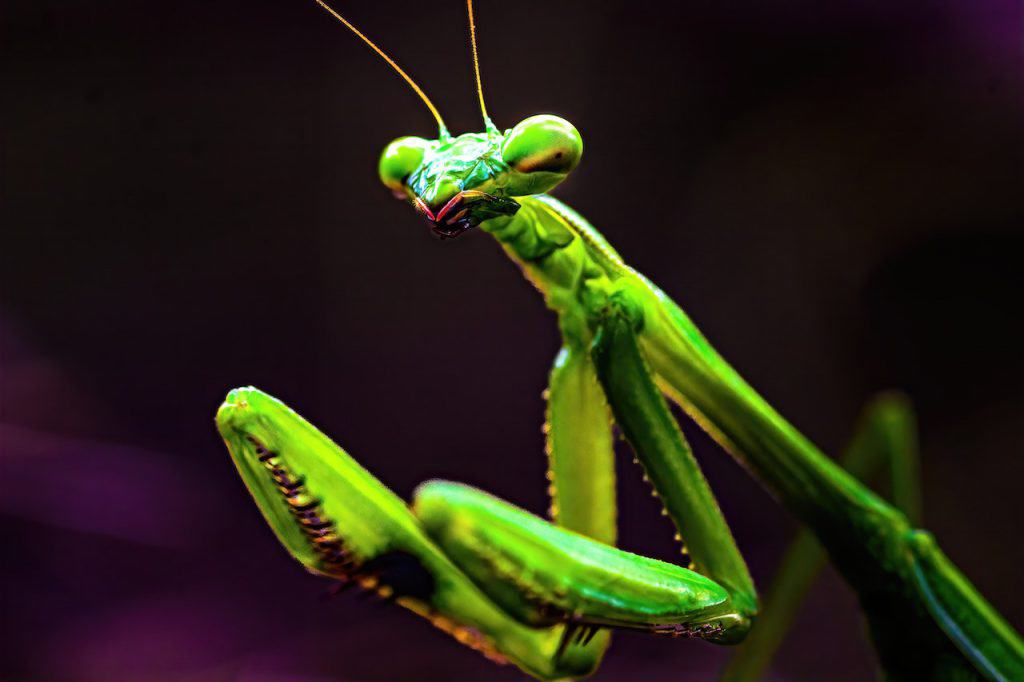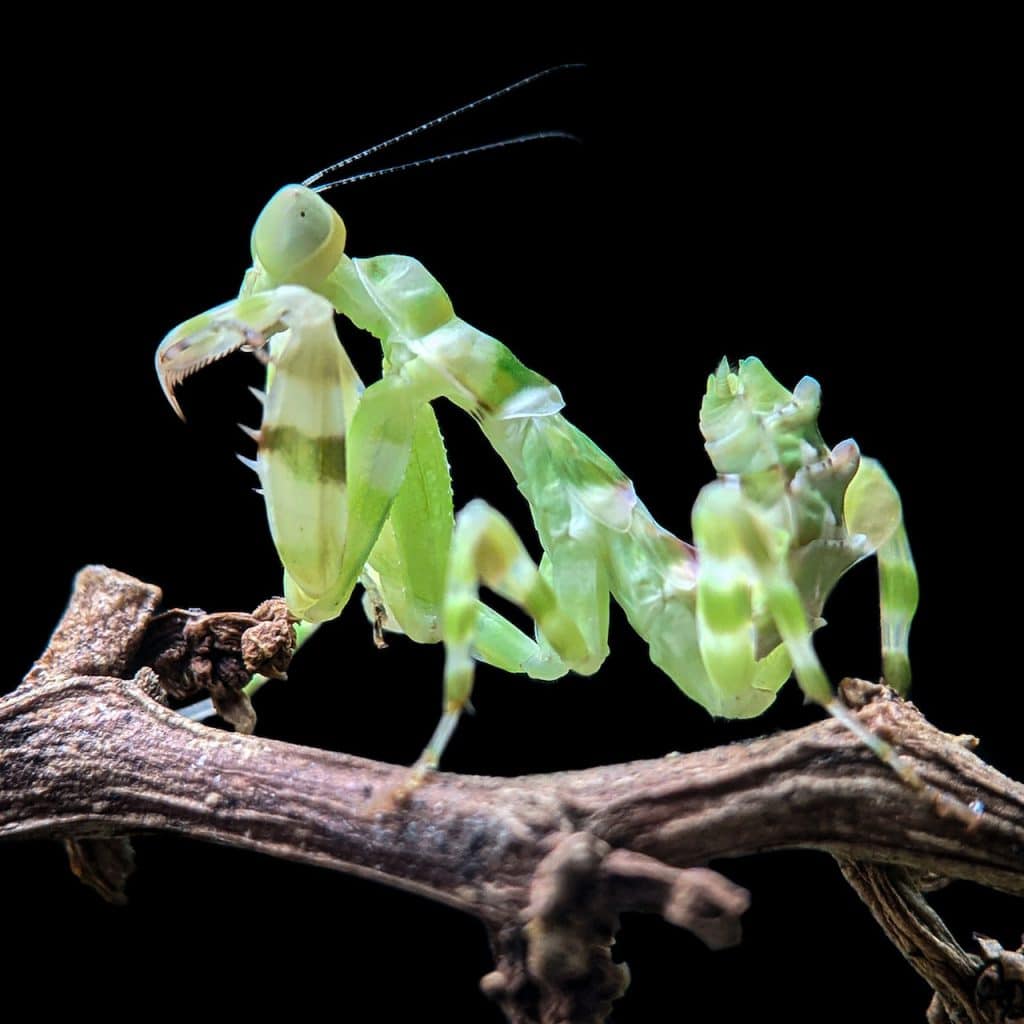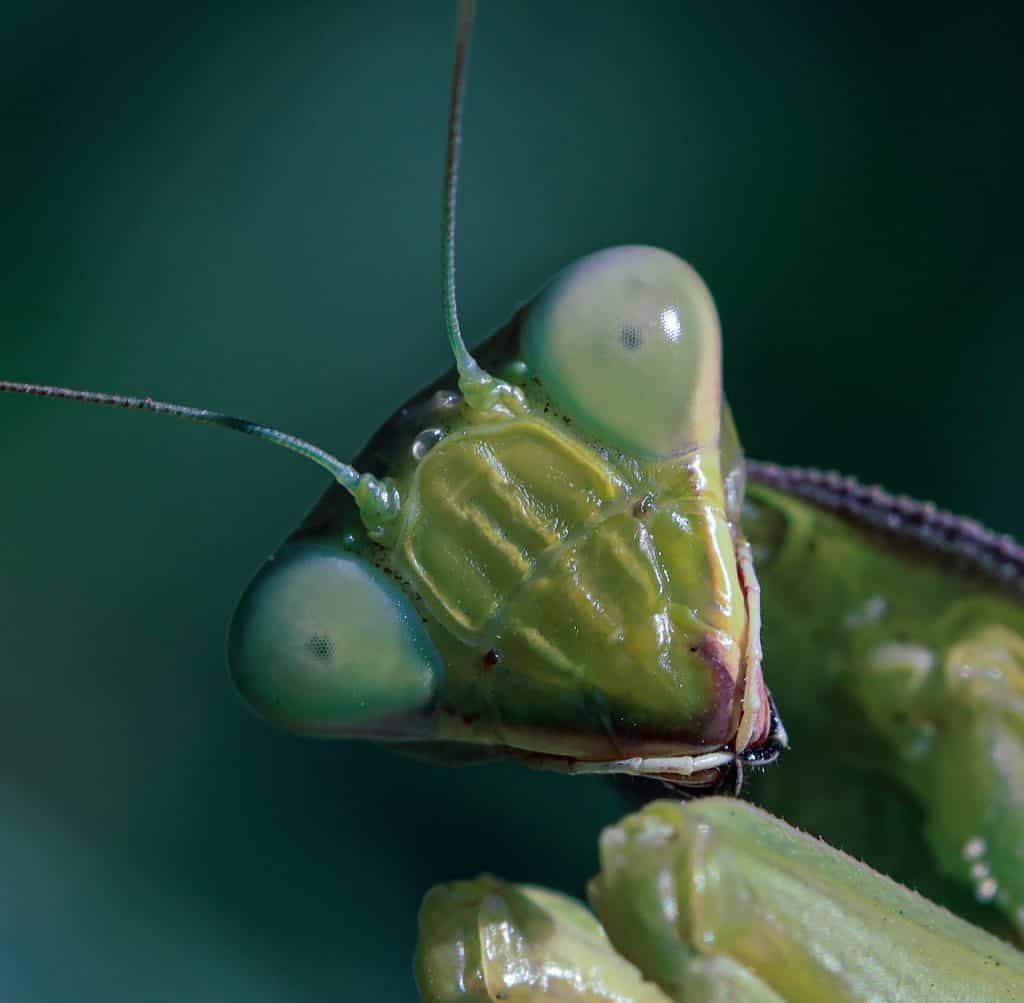Delve into the intriguing world of praying mantises as we uncover the truth behind an age-old question: Do praying mantis bite humans? Explore their fascinating behavior, interactions with humans, and the likelihood of experiencing a mantis bite. Join us on this exploration as we shed light on this curious aspect of praying mantis behavior.
Are praying mantis dangerous?
Praying mantises, known for their unique appearance and predatory nature, may evoke curiosity about their potential danger to humans. However, in general, praying mantises are not considered dangerous to humans. While they possess sharp forelegs and can deliver a defensive bite if provoked or mishandled, they typically do not pose a significant threat. Mantises are more likely to exhibit defensive behaviors, such as posturing or warning displays, rather than actively seeking to harm humans.

Do praying mantis bite humans?
Praying mantises have the physical ability to bite humans, but they generally do not pose a significant risk. Mantises are not aggressive towards humans. While their sharp jaws are capable of delivering a bite, they are more inclined to use them foreating their prey. Bites from mantises are rare and are usually a defensive response when they feel threatened or mishandled. It’s important to approach mantises with caution and respect, allowing them to carry out their natural behaviors without provoking defensive actions.
There is a short video showing what not to do while playing with praying mantis:
Does praying mantis bite hurt?
While a praying mantis is capable of biting, the resulting sensation is generally minimal and comparable to a small pinch or mild discomfort. The strength and sharpness of a mantis’s mandibles can vary among species, but their bites are typically not known to cause significant pain or harm to humans. It’s important to note that mantises typically bite as a defensive response if they feel threatened or mishandled. However, it’s worth mentioning that individual experiences may vary, and some individuals may be more sensitive to the sensation of a mantis bite.
Can a praying mantis hurt you?
When it comes to interactions between praying mantises and humans, the most a mantis can do is deliver a bite or jab with the spikes on its front legs. While this may cause some discomfort, it is unlikely to cause any significant harm. The sensation is comparable to a paper-cut or a small nick. In such cases, simply washing the affected area with soap and water and applying a band-aid should suffice for proper care. It is important to remember that mantises generally will only resort to defensive actions if they feel threatened or provoked.

What to do when praying mantis bite me?
When bitten by a praying mantis, it’s essential to take prompt action to ensure proper care and prevent any complications. Here’s what to do if you are bitten by a mantis:
- Stay calm: Maintain composure and try not to panic. Remember that mantis bites are generally harmless and do not pose significant risks.
- Clean the area: Wash the bitten area thoroughly with mild soap and water to cleanse the wound and minimize the risk of infection. Gently pat it dry with a clean towel.
- Apply first aid: If the bite causes minor discomfort or breaks the skin, consider applying a mild antiseptic or an antibiotic ointment to the affected area to prevent infection.
- Monitor for signs of infection: Keep an eye on the bite site for any signs of infection, such as increasing redness, swelling, warmth, or pus. If you notice any concerning symptoms, seek medical attention.
- Prevent future bites: To minimize the risk of mantis bites, handle them with care and respect. Avoid provoking or mishandling them, as they may resort to defensive actions.
Remember, it is always advisable to consult with a healthcare professional if you have any concerns or the bite shows signs of infection or an allergic reaction.
Is it safe to hold a praying mantis?
Absolutely! Holding a praying mantis is generally safe and can be an intriguing experience. These remarkable insects are known for their gentle nature, making them suitable and fascinating pets. Praying mantises require minimal maintenance and can provide a unique opportunity for observation and learning. So go ahead, embrace the opportunity to hold and interact with these captivating creatures.

Frequently asked questions
If you found this article interesting, don’t hesitate to share it on social media!
May interest you
The Unconventional Feast: Praying Mantis Eating Lizard
Mystical World of the insects: Praying Mantis Spiritual Meaning
In this article, we embark on a journey to delve into praying mantis spiritual meaning, uncovering its symbolic significance and exploring its presence in art, mythology, and spiritual practices. The…
Can you pick up a praying mantis? How to hold it?
Rest or Roam? The Fascinating Question: Do Praying Mantis Sleep?
As we delve into the fascinating world of praying mantis, we find ourselves pondering a curious question: do praying mantis sleep? If so, how do praying mantis sleep? Like many…